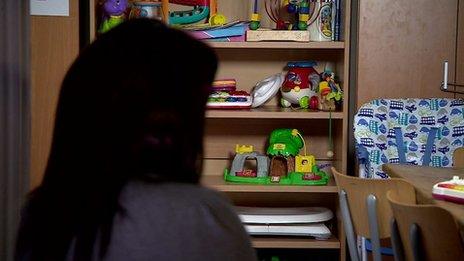The domestic violence victims 'left begging for a home'
- Published
Kay fled a violent relationship at the end of last year
Women fleeing domestic abuse have told the BBC's Victoria Derbyshire programme they are being left homeless because councils are failing to provide them with suitable temporary accommodation.
"It was very difficult indeed, emotionally, because you're basically begging [for somewhere to stay], and every day not knowing where you're going to be sleeping," says Kay.
"You're trying to put on a happy face to be supportive of the children - telling them, 'It's going to be all right,' when deep inside you really don't think it's going to be.
"You don't know where you're going to be staying."
Kay left a violent relationship at the end of last year, and initially moved into a refuge on a short-term basis.
When her stay came to an end, Bromley Council eventually agreed to house her as a single person.
But when her two children came to live with her, she was told that housing would not be made available to them as a family, leading to three months of her and the children sofa-surfing with friends and family.
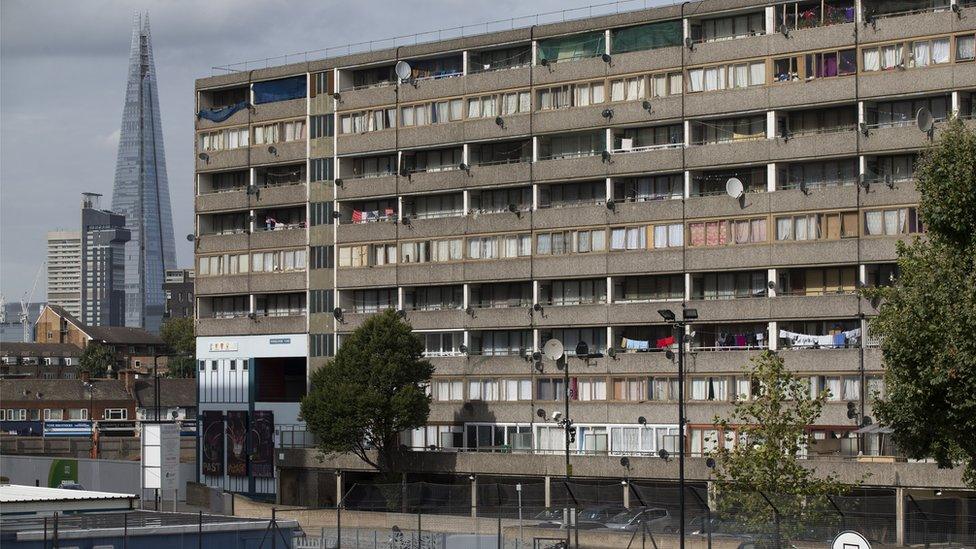
A consultation into how to improve access to social housing for domestic abuse victims has been launched by the government
The government has announced a consultation into how to improve access to social housing, external for domestic abuse victims in England.
It says a number of measures are already in place to support victims - including a £40m fund to be spent across four years, in part to "strengthen specialist accommodation-based services".
'One opportunity'
Housing lawyer Jane Pritchard says when it comes to finding temporary accommodation for victims, there is a "really low bar".
"The local authority simply needs 'reason to believe' that the person is homeless, that they're eligible for assistance under the Housing Act, and that they are in priority need of accommodation.
"Then there's a duty to provide suitable temporary accommodation immediately."
But she regularly comes across situations where a council has told a domestic violence victim "it's not their responsibility and to go to another council".
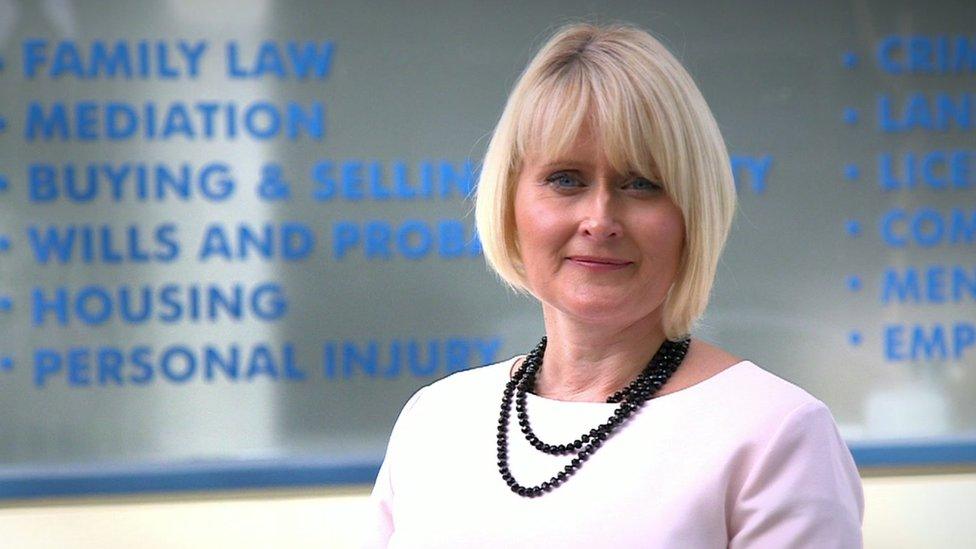
Jane Pritchard says if councils turn victims away they may return to their abuser
"When someone is fleeing domestic abuse, we may only have one chance, one opportunity to assist in protecting them - to ensure that they're housed in suitable, safe accommodation," Ms Pritchard says.
"If that applicant goes to the council and is turned away at that time, we know that that person may never go back.
"They may go back to the perpetrator and the abuse, and may never ever have the opportunity again of being rehoused."
Hostel 'with 14 men'
Sophia - not her real name - fled her home after being in an abusive relationship, travelling to London, where she hoped a council would offer her assistance.
But, she says: "They just dismissed me. They didn't seem to understand that I was homeless. I was actually homeless.
"I repeatedly visited the council, and there were times when I've been in a phone booth crying my eyes out [while calling them]. I was so vulnerable."
The council later offered her a place at a hostel - one housing 14 men.
"I was scared. I was just scared. I couldn't see myself living with 14 men, with shared facilities - toilet, bathroom, kitchen. It's not safe," she says.
"One of those men actually came to me and said, 'If you get a knock on your door at two in the morning, don't worry, it's only me.'
In the end, she "just ran away", staying at a bed and breakfast at her own cost, and, at the thought of having to move back into the hostel, she tried to kill herself.
Eventually, Sophia managed to find permanent accommodation - but she did so without the help of the local authority.
'Such a relief'
After three months of sofa-surfing, Kay and her two children were found accommodation by Bromley Council.
The local authority said in a statement: "Whilst any delay around offering more permanent housing is clearly regrettable, it should be remembered that these is a long list for housing across London and it is important for everybody else on the list that due process is followed".
Kay remembers her son's reaction to waking up in his own bed for the first time in months.
"He said, 'Mum it was so comfortable,'" she says. "It's such a relief."
Watch the Victoria Derbyshire programme on weekdays between 09:00 and 11:00 on BBC Two and the BBC News channel.
- Published18 February 2017
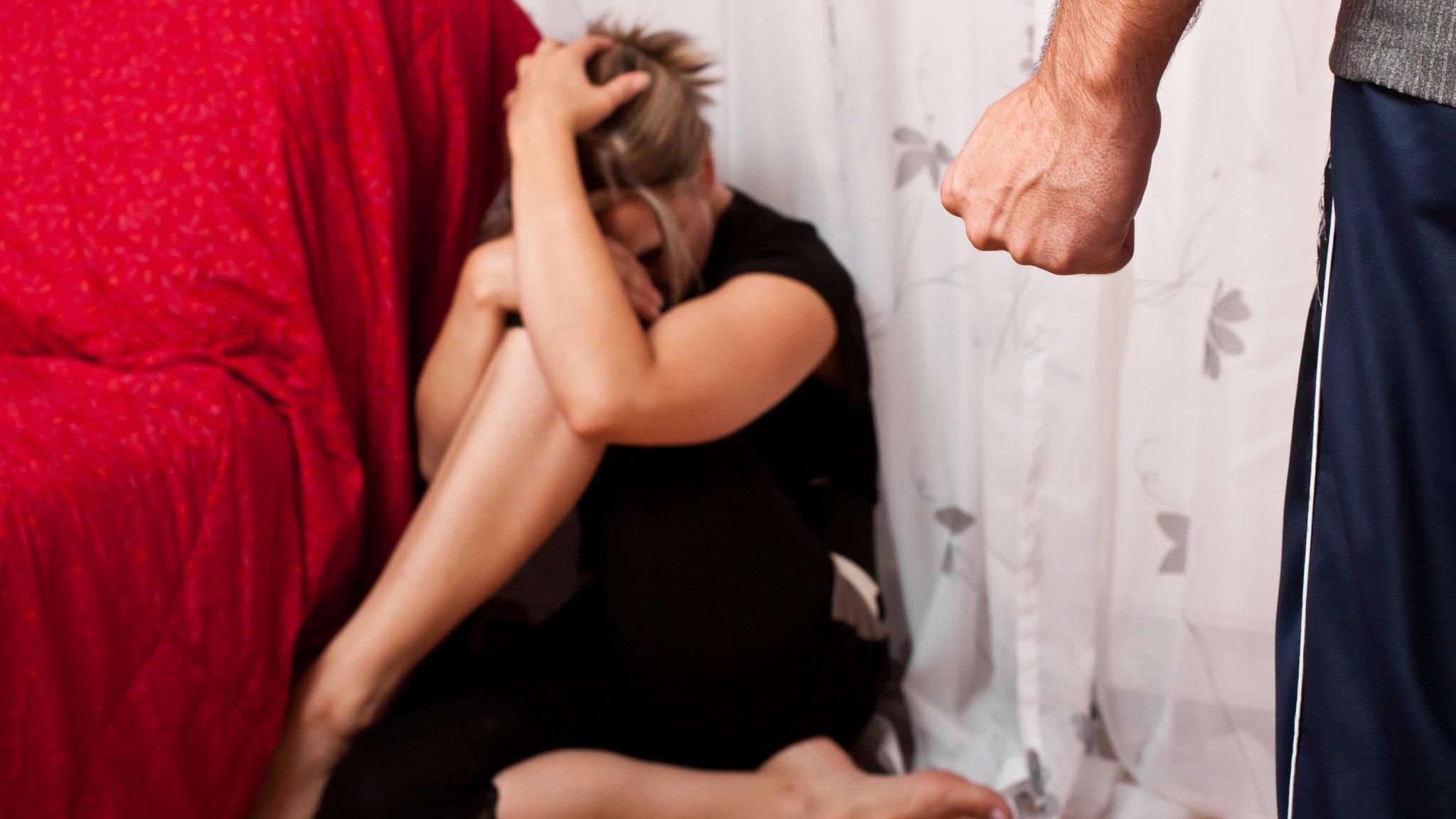
- Published16 August 2017
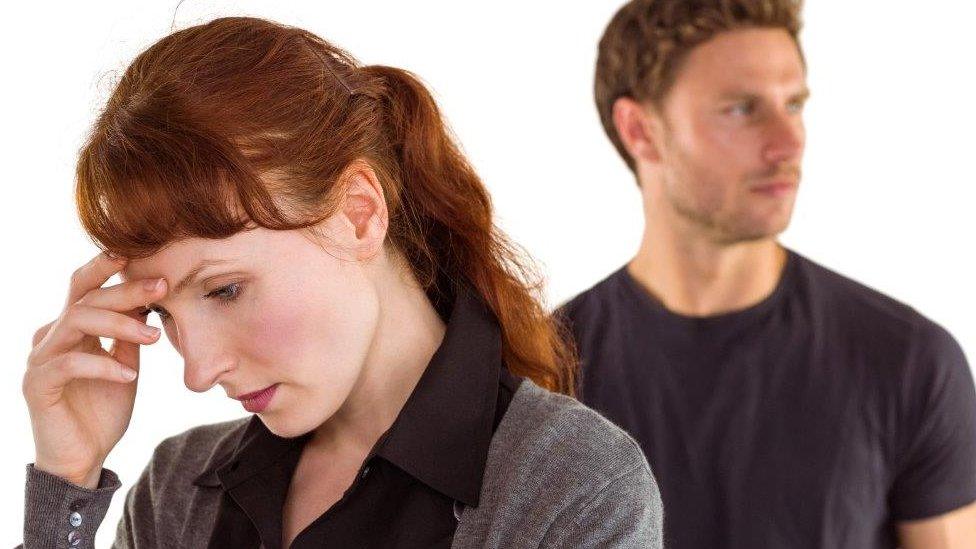
- Published7 April 2017
